Banned Baby Names That Can Get You Arrested
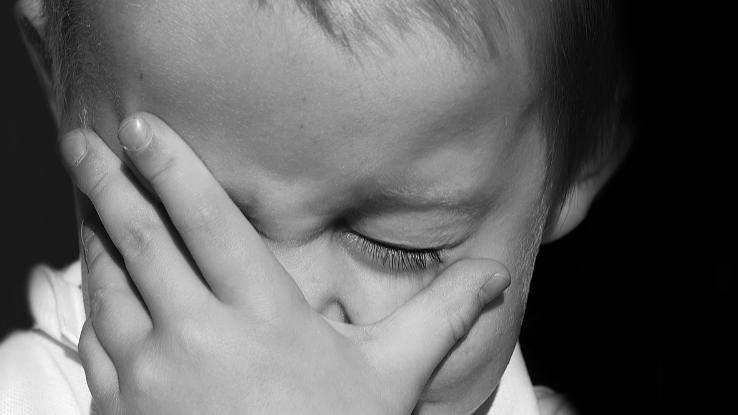
One of the first tests of parenthood is naming your new bundle of joy. While this may seem like a simple enough task, you may be shocked to discover that each year, parents across the world are faced with fines, court orders and jail time for choosing the wrong name.
Although banned baby names vary from state to state and country to country, some, like Anus, are consistently bad. But other banned names may surprise you!
Messiah
In 2013, the parents of a seven-month-old boy went to court to reach an agreement on the boy’s surname. Unfortunately for them, the judge attending their hearing was immediately offended by the boy’s first name: Messiah.
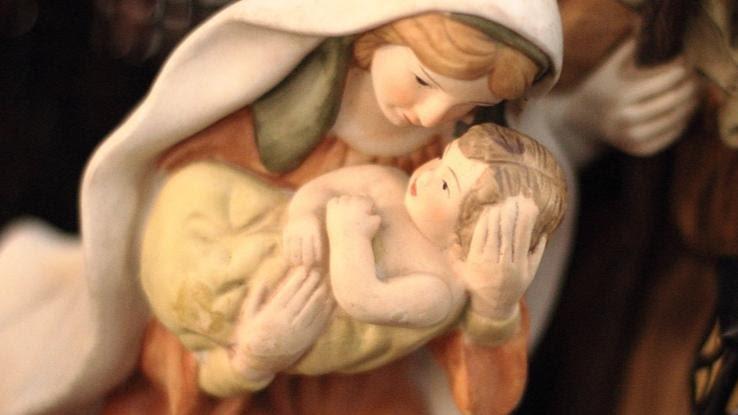
In a twist of fate, the judge ordered Messiah’s parents to change his first name to Martin, stating that, “the word Messiah…has only been earned by one person and that one person is Jesus Christ.” The boy’s parents did not agree and decided to appeal the judge’s ruling. They eventually won their case, and baby Messiah got to keep his unique name.
José
Since 1986, babies born in California have not been allowed to have diacritical marks, also known as accent marks, in their names. This rule seems to primarily impact people of Spanish or Hispanic origin that live within the state.

José, a popular name for boys, must be spelled Jose, which can be quite frustrating for parents. This rule applies to surnames as well, meaning that last names that contain diacritical marks must be written without them, turning Nuñez into Nunez. Because English is the official language of California, any characters not found in the English alphabet are banned outright.
1069
Assigning yourself or a child a number in the place of a name is illegal, and you can thank Michael Herbert Dengler for that. In 1978, Dengler unsuccessfully attempted to have his name legally changed to the number 1069.
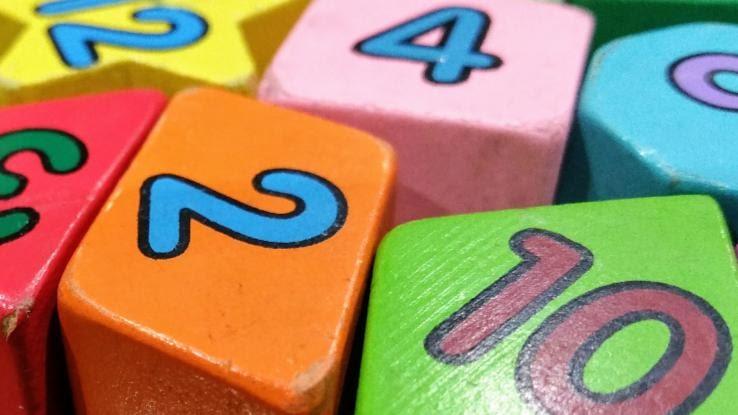
The Minnesota judge overseeing his case wasn’t too pleased with Dengler’s request. He concluded that numbers are symbols, and symbols do not make a name. The Minnesota and North Dakota Supreme Courts agreed. It doesn’t seem that musical artist Prince got the memo on this ruling, as he famously changed his name to a stylized and unpronounceable ‘love’ symbol in 1993.
Gesher
Gesher may be a strange-sounding name for most English-speakers, but in Hebrew, it means “bridge.” Not very offensive, right? The Norwegian government might disagree. In 1998, they jailed a woman named Kirsti Larsen. She had dreamed that her child should be named Gesher, and so he was.

Norway has strict laws on what names are allowed, and they initially offered Larsen a few choices. She could change her son’s name, pay a fine, or serve time. Outraged by the government’s response, the mother of 10 opted to spend two days in jail rather than betray her personal and religious convictions.
Thor
After a certain Australian actor’s performance as the Norse god of thunder and lightning, who wouldn’t want to name their little boy Thor? Officials in Portugal, for a start. Thor is one of a long list of banned names in Portugal, resting alongside names like James, Jimmy and William.
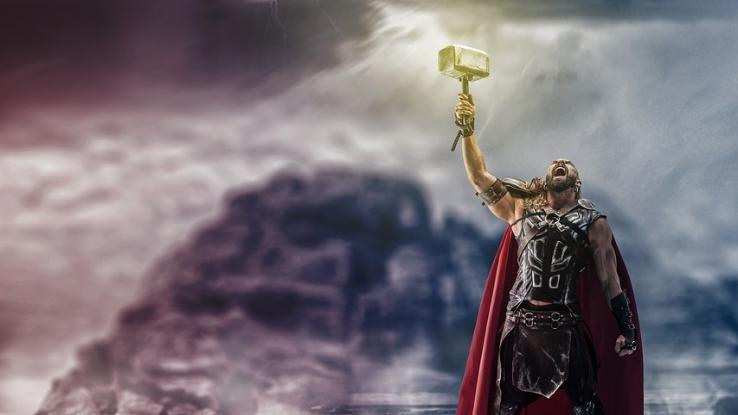
Like Norway, Portugal takes its citizens’ names very seriously. Also, the Portuguese government is determined that its current and future residents take pride in Portuguese culture and heritage by using primarily Portuguese and Spanish names. So, instead of bumping into a Thomas, you’re more likely to run into a Tomás.
Prince
It’s easy for parents to think of their children as tiny princes or princesses, but naming a child Prince, Princess, King, or Queen may not be a great choice, especially in New Zealand. Official or royal titles, including Chief or Judge, are completely banned for use as baby names.
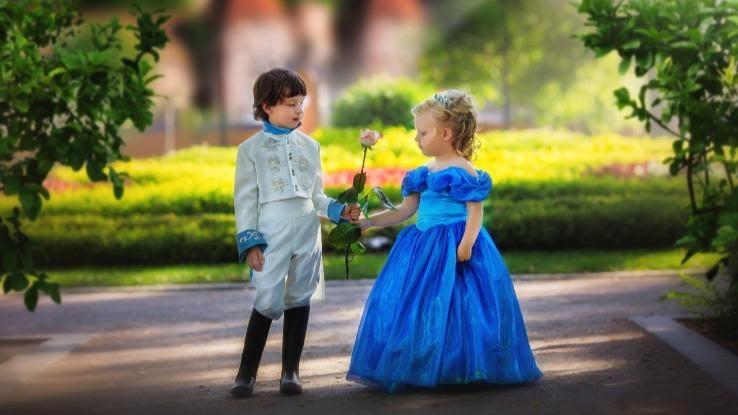
The New Zealand government enforces this rule to ensure that all titles and ranks are earned rather than given at birth. It’s not a bad rule, especially thinking of how naming a child King or Princess could affect their personality. Royal names just may come royal attitudes and expectations.
Alice
Made ever more popular by famed children’s author Lewis Carroll, the name Alice has permeated French and English culture since the 12th century. As a name associated with nobility, truth and childhood curiosity, there doesn’t seem to be anything too off-putting about Alice.

However, ministry officials in Saudi Arabia have added Alice to a list of banned names alongside other popular English girls’ names, such as Linda and Elaine. The culture and religion of Saudi Arabia are highly valued by the people that live there, and any name that either contradicts that culture or religion or is seen as blasphemous is summarily banned.
Friday
Ah, Friday, one of the best days of the week. In 2008, an Italian couple seemed to be thinking the same thing when they attempted to name their son Venerdi (Friday). Italian courts weren’t too happy with this, as they believed that a boy named Friday was likely to have a rough time in school.

In Italy, it is forbidden to give a child a name that may embarrass them. There’s a servant called Friday In a famous work of literature, and Italian courts concluded that the association was shameful. The parent’s response? Their next child will be named Wednesday.
Robocop
Who doesn’t love a good 1980’s action film? The explosions, cheesy dialogue and outrageous villains can make us laugh, cry and cheer. Naturally, parents might be tempted to name their child after one of these larger-than-life heroes, but parents in Sonora, Mexico, must avoid this temptation.
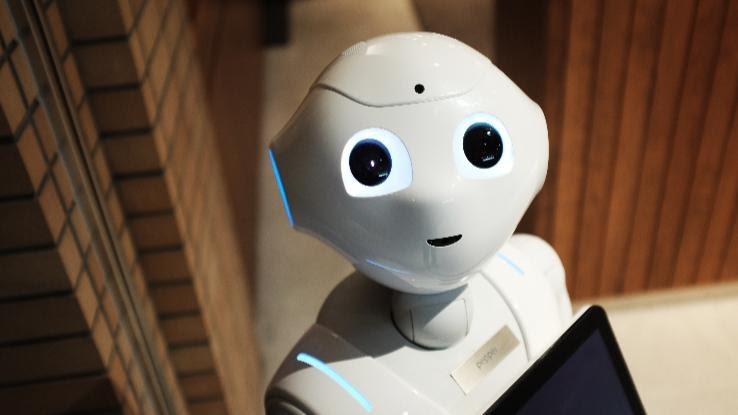
More than sixty names are banned in this Mexican state, including Robocop, Rambo, Batman and Rolling Stone. The Mexican government does its best to ensure that children do not end up with names that could make them targets to bullies, but how many kids would want to pick on a boy named Robocop?
Strawberry
The strawberry is one of the world’s most popular fruits, which is why it’s so surprising that it’s also one of the world’s most banned names! Many countries, such as Germany, Denmark and Malaysia, have banned all fruit, plant and animal names, citing the fact that they could cause embarrassment for the child.
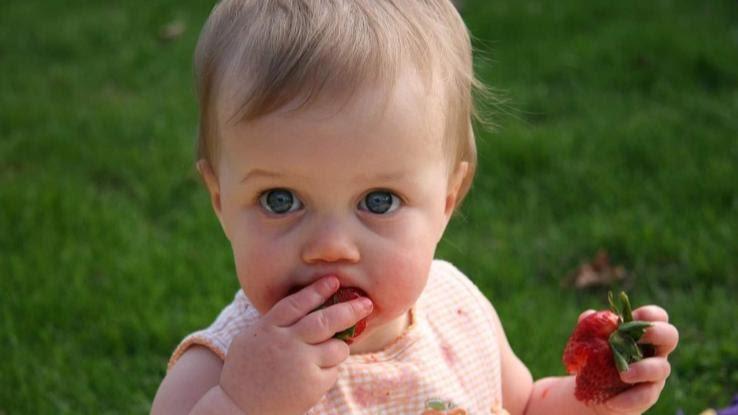
In 2015, this sentiment affected a French couple who gave their child the name Fraise (Strawberry). The final verdict was that the name was too humiliating and would likely lead to mockery in later life. The parents and the judge ultimately compromised and agreed on the name Fraisine.
Sarah
It may seem strange that the name Sarah is illegal considering how it has consistently stayed within the top thirty baby names for girls since 1978. This ban gets even weirder when you realize that the country responsible for the illegality of Sarah allows the alternate spelling, Sara.

Moroccan children must have names that represent the cultural identity of Morocco. Morrocan officials believe that the Hebrew name Sarah does not fall under the national identity, but the Arabic name Sara does. While the two names have an identical or similar pronunciation, the letter H makes all the difference, legally speaking.
Diamond
Parents tend to give their children names that represent attractive qualities, so it should come as no surprise that a family in Hungary wanted to name their little girl after one of the most desirable, brilliant minerals in existence: Diamonds.
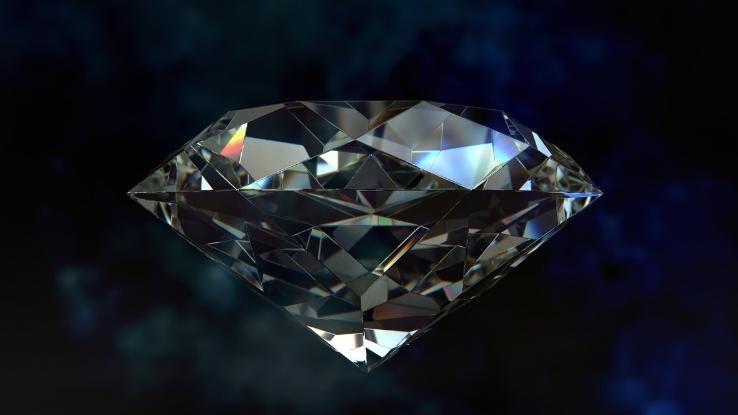
The baby’s given name was Gyémi (diamond-like), which is a permutation of the Hungarian word for diamond (gyémánt). Surely with a shiny new name like that, a kid could only have a bright future ahead of them! However, the Hungarian government rejected the name in 2016, along with Cukorka (Candy) and Főni (Bossy).
Stone
Stone may be an acceptable boy’s name in the United States, but in Germany, it doesn’t fly. Although it’s not an offensive name, it’s a name without gender in the German language. One of Germany’s primary rules concerning baby names is that they must have a gender, and the gender of the name should match the gender of the child.
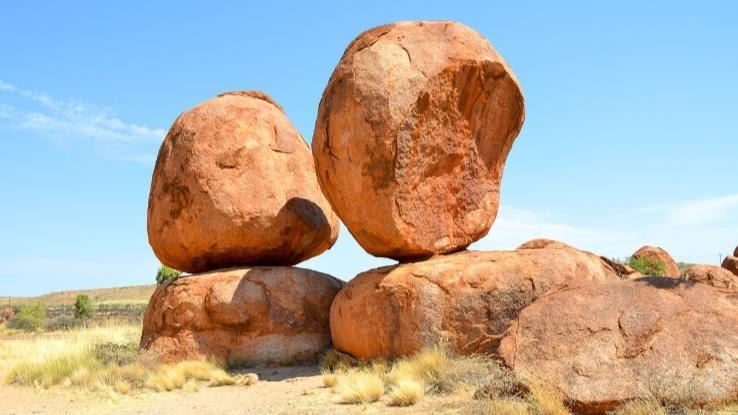
Because the word stone has no gender, German officials decreed that it is an unacceptable baby name. In addition to Stone, Germany has also banned the name Pfefferminze (Peppermint) because it could encourage ridicule from members of the community.
Chow Tow
Chow Tow, meaning “smelly head” in Malaysian, is perhaps one of the strangest banned names in the world. In 2006, the Malaysian government took advantage of the opportunity to ban undesirable names like Hitler, 007 and Chow Tow, possibly saving hundreds of children from lifelong humiliation.

Malaysia actually has some of the most restrictive naming laws and regulations in the world. Parents in Malaysia are banned from naming their children after animals, colors, plants and insects, and the use of numerals in a name is also strictly prohibited. Royal titles or ranks, like Prince, are also a hard no.
Messi
Lionel Messi is one of the most popular, beloved soccer players in the world. Hailing from the small Argentinian town of Rosario, Messi achieved outstanding success but never forgot where he came from. Even so, in 2018, his hometown decided to ban Messi as a first name.

This decision was made on the basis that Messi is a surname, and its use as a first name might prove confusing. Perhaps the folks in Rosario, Argentina want to preserve Lionel Messi’s legacy by keeping his name as revered and unblemished as they possibly can.
Manhattan
Location-based baby names have risen in popularity over the last two decades, but it seems that some countries aren’t buying into the trend. France, for example, would not allow a couple to name their daughter Manhattan. 25 years ago, pretty much any name would have been considered acceptable for French children and citizens as long as it wasn’t considered entirely ridiculous.

French naming laws have since been amended, allowing courts to decide which names are too strange, embarrassing, or unconventional. While location-based names may be common in the US and UK, European governments haven’t jumped on the bandwagon quite yet.
Anus
Believe it or not, a couple in Denmark actually attempted to name their child Anus. In this case, strict Denmark naming laws saved the reputation and livelihood of an innocent child. However, perhaps it was the rigidity of Denmark’s laws that led to this wild, disgusting name suggestion.

Parents in Denmark don’t have a lot of freedom when it comes to naming their children. The government has a list of about 7,000 names from which to choose, and that’s it. Any names not on the list, including Anus, are likely to get a swift, effective ban from the government.
Judas
Judas Iscariot is an essential figure in Christianity. People typically remember him as the man who betrayed Jesus Christ to the Romans, which isn’t a pleasant association. The name Judas is even used as a descriptive noun, typically ascribed to a person perceived as a traitor.

And so it should come as no surprise that the name Judas is banned in some parts of the world, including Switzerland. Giving a child the name Judas is equivalent to calling a child Evil Backstabber Guy, which doesn’t sound or feel great. Thankfully, Switzerland’s laws ensure that no child suffers from this biblical legacy.
Akuma
For most Americans, the name Akuma probably doesn’t instill a sense of fear or dread. Perhaps it should, though, as Akuma is Japanese for “devil,” which isn’t a particularly friendly baby name. However, this didn’t stop parents in Japan from attempting to name their child Akuma in 1993.
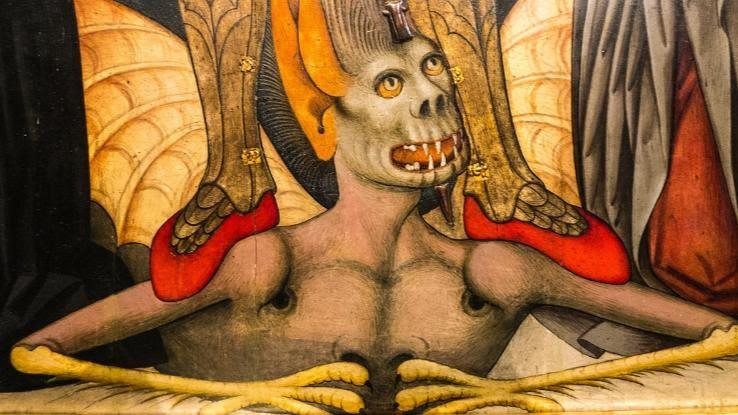
Perhaps the little tyke was quite a handful, or maybe his parents truly believed they were raising a tiny demon. No matter their reasons, the public response to their decision was enormously negative, forcing the local government to take an official stance on the name, which was a unanimous “absolutely not.”
Monkey
Many parents have cute pet names or nicknames for their children like Pumpkin, Crabby Britches or Monkey. Affectionate terms of endearment can make a child feel loved, but these nicknames can be troublesome when they become legal names.
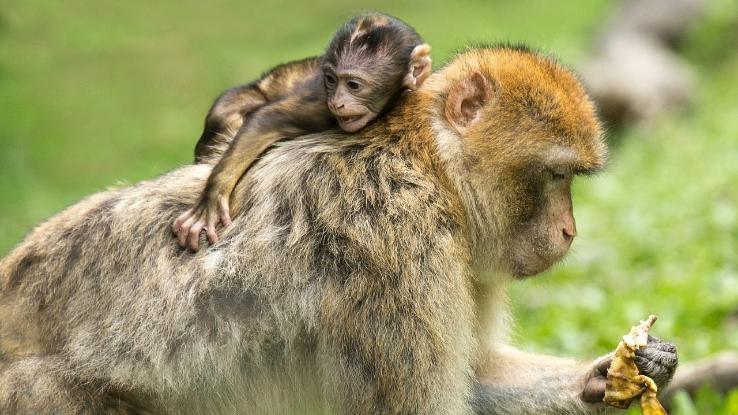
While all humans belong to the primate family, it can be a bit insulting to be called a monkey. Lawmakers in the United Kingdom must have considered these emotional implications when they decided to ban the name. There’s also the implication that a child named Monkey may begin to act out in unpredictable, monkeyish ways that would be most uncouth and uncivilized.
Zoe
Zoe may be a reasonably popular name in English-speaking countries, but it’s a huge no-go for residents of Iceland. The Icelandic alphabet differs from the English alphabet in that it doesn’t include the letters C, W, Q or Z, so any names containing these letters doesn’t make sense in the Icelandic language.

This means that the Icelandic people are deprived of cute, stylish Zoe. Names like Claude, Quentin and William are all similarly unavailable. However, Icelandic people probably aren’t too bothered by this, as the Icelandic language contains a wealth of accents and symbols that don’t exist in the English language.
Arm
A right-hand man is one thing, but a child named Arm is something else. While naming your child after a part of your anatomy may seem like a cruel and unusual punishment, Arm is a common name in Urdu-speaking regions. This piece of information may help to understand why it’s a banned name in Saudi Arabia.
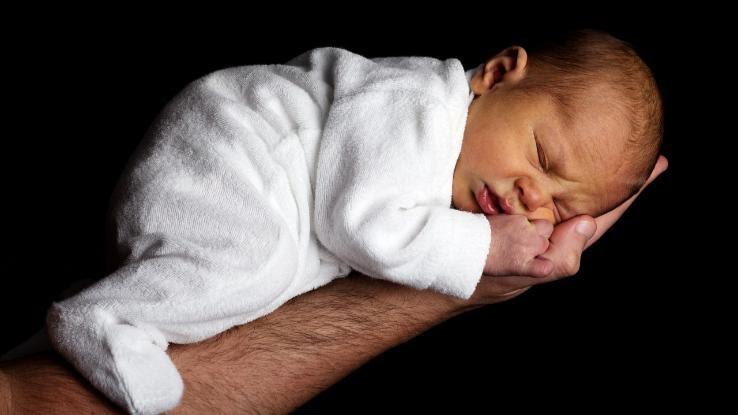
Arabic is the primary language of Saudi Arabia, a source of pride for many Saudi Arabians. Tensions among middle-eastern cultures have resulted in stricter naming laws in Saudi Arabia. English or foreign-style names are often banned in an attempt to preserve Saudi Arabian culture.
Apple
While Gwyneth Paltrow and Chris Martin may have gotten away with naming their daughter Apple, many parents across the world are barred from following in their footsteps. Babies born in Malaysia, Germany, Denmark and Norway will never get the opportunity to have this delicious, juicy name.
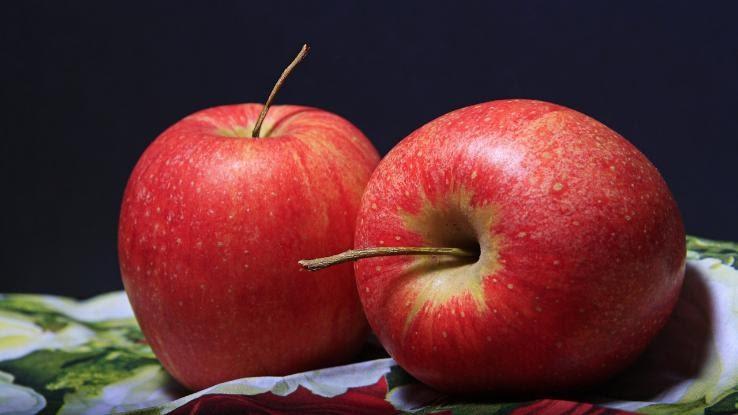
Because Apple is also the name of one of the world’s most successful technology companies, governments may simply be helping their citizens avoid a deluge of unexpected lawsuits with this name bane. Whatever the logic, Malaysia simply can’t have Apples.
LOL
The rise of internet culture has given the world a multitude of ways to express laughter and happiness, but perhaps the most well-known expression to come from the digital masses is LOL. As many of you probably already know, LOL is an acronym for “laugh out loud”, an expression used to inform someone that you are currently, well, laughing out loud.
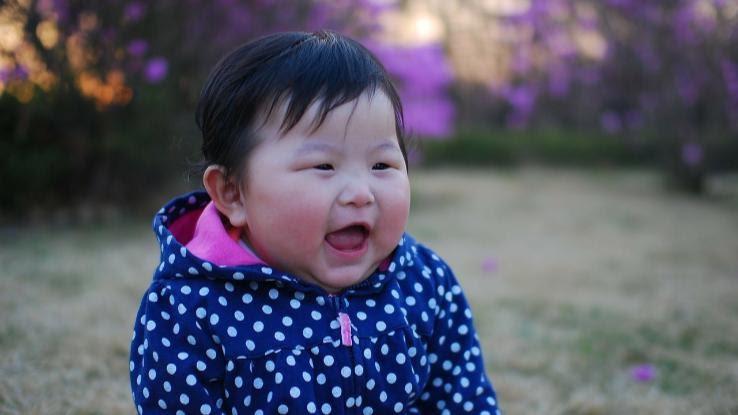
But is it an appropriate baby name? Government officials in Australia certainly weren’t laughing when parents submitted this unique baby name. Because it is an acronym, this silly baby name has been banned along with Lord, God and Emperor.
Cyanide
In 2016, a woman in Wales attempted to name her daughter Cyanide after the poisonous chemical Hitler supposedly ingested when he committed suicide. And yes, she chose the name precisely because of its morbid link to the dastardly dictator’s demise. That, and she thought the name sounded rather pretty.

Social services in the United Kingdom investigated the woman. They found that she had a history of mental illness and drug addiction, which prompted them to make an incredible ruling on behalf of baby Cyanide. In an unprecedented turn of events, the girl’s older half-siblings were allowed to choose her name.
Minnie Cooper
Some parents choose to name their children after their favorite film or literary characters. Others may decide to call their children Faith, Devotion or Chastity after desirable attributes. And then some chose to name their children after their most-loved vehicles. This is how we’ve come to the fabulous case of the child who was almost named Minnie Cooper.
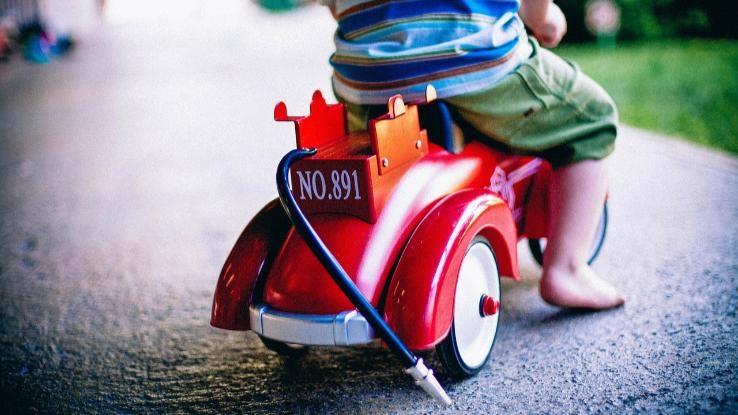
In 2015, parents from Perpignan, France, attempted to name their child Prince William, much to the shock and horror of the local court. When this name was denied, the parents reconsidered their options and tried for Minnie Cooper. They must be serious anglophiles.
Paris
Paris is known around the world as the city of love. Also, it happens to be the name of one of the most famed historical Greek characters, Paris of Troy. So if it’s a good-enough name for a brilliant metropolitan city and a hunky Greek prince, how could it end up on the banned list?
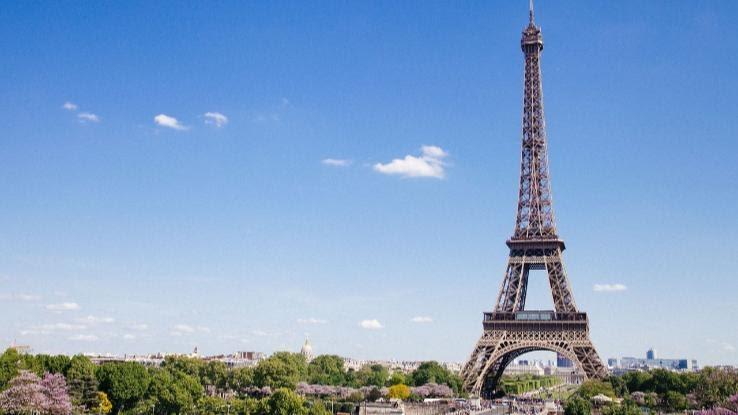
All eyes are on Switzerland when it comes to answering this question, and the simple response is that Switzerland does not allow location-based names. Like Denmark and Malaysia, Switzerland takes its naming laws seriously, vetoing any name that may be considered shocking, insulting or strange.
Hermione
The name Hermione was a particularly odd choice for parents before 1999. Still, all of that changed in 2001 when J.K. Rowling’s massively popular children’s books began to fly off of shelves and enter into popular culture. Since then, the name Hermione has blossomed into one of the most popular girl’s names in the US and UK.
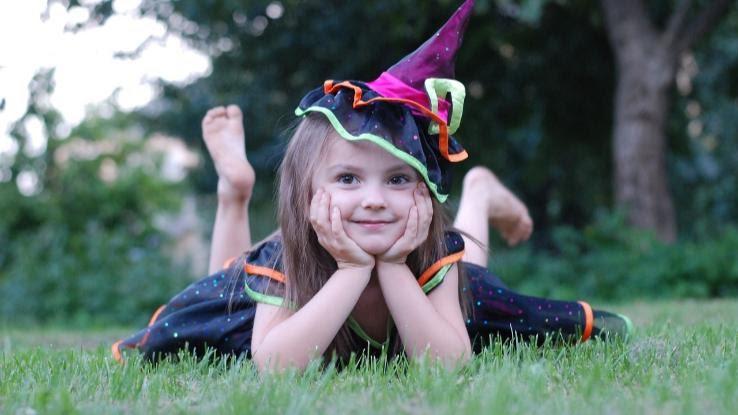
Unfortunately for residents of Sonora, Mexico, there’s little chance of having a baby Hermione due to strict naming laws that were instituted in 2014. The name Harry is also on the list of banned names, although parents are free to use Ronald.
IKEA
How are IKEA and Highlander the same? There can only be one. Swedish parents discovered this the hard way when they attempted to name their newborn after the furniture superstore. The company was not involved in the decision to ban the name — rather, government officials felt the name was too awkward and embarrassing to allow.
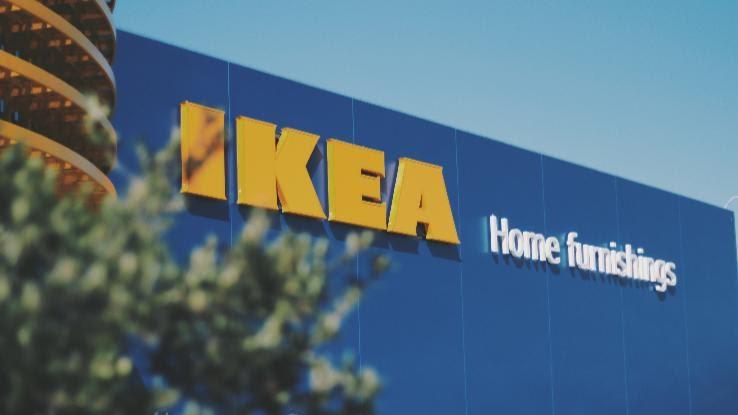
Think of how many chain restaurants and department stores you see every day. Now imagine naming a child after one of those places. That feeling of wrongness deep inside is exactly what the Swedish officials felt when they had to consider the name IKEA.
Pluto
Pluto may be celebrating NASA Administrator Jim Bridentstine’s declaration that it should still be considered a planet, but it won’t be celebrating its position on the baby name charts for some time — at least not in Denmark. While not nearly as offensive as some of the other name Danish parents have proposed (looking right at you, Anus), Pluto was the name of the Roman god of the underworld, which has some less-than-stellar connotations.
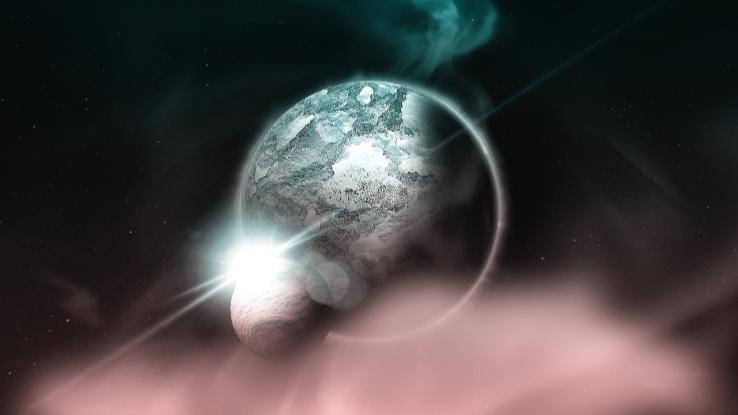
Apart from being a guy that rules over the souls of the dead, the name Pluto can also be linked to a famous cartoon dog. No matter how you look at it, it’s not a particularly flattering name.





